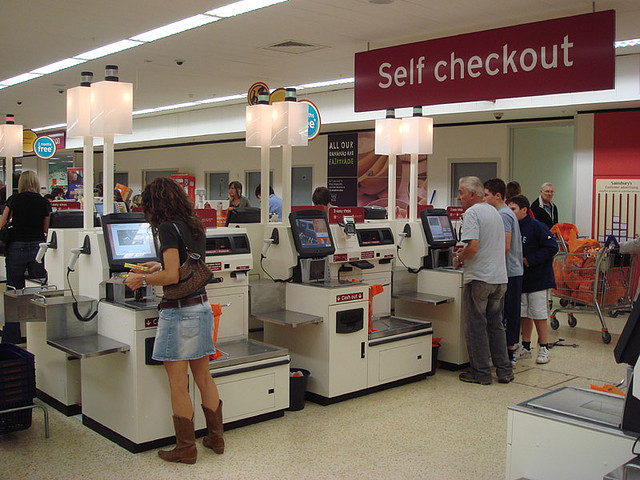
Most consumers are ready to swap customer service calls for digital self-service in the wake of their experience during the pandemic, according to a survey released by Macro 4.
The research, which examines UK consumer attitudes to household energy and water suppliers, suggests that 61% of customers have become more comfortable interacting with companies digitally since the pandemic, on websites, apps and other online channels. And 60 per cent would now prefer not to call a live customer service person at all if they can solve their issues themselves using online resources.
When asked what aspects of service are important in a household energy or water supplier, 72% of the 1,000–plus survey respondents said they now want utilities to provide online resources that make it easy to resolve their questions themselves rather than having to use the phone. 93% said it was important¹ that they are able to contact their supplier in whatever way they prefer – such as by phone, email, social media, text or messaging apps. And 93% stressed the importance of getting a quick response whether they call or make contact digitally.
Macro 4, a division of UNICOM Global that helps enterprises accelerate digital transformation, commissioned two separate surveys of over 1,000 household utility bill payers in the UK. The results are published in a report, ‘Giving UK Utility Customers A Voice’.
Jim Allum, director, commercial and technical at Macro 4, said: “During COVID-19 restrictions, we all got used to doing more things digitally. And for many people that would have included resorting to online self-service since most contact centres at the time were experiencing significant delays due to soaring call volumes. What’s interesting is that the habit has stuck. The majority of people are now happy to use self-service instead of speaking to a customer service person on the phone – especially for simple queries. One positive of helping customers to do more for themselves is that it frees up hard-pressed contact centre agents to handle more complex queries by phone, chat or email, and this is where companies can add real value. And it should also mean shorter wait times for those people who do need to speak by phone.”
Questions related to bills and charges often trigger calls to the contact centre and this was one of the specific gripes identified by the research. 31% of energy customers and 26% of water customers in the survey sample want their current suppliers’ bills to be easier to understand. And 73% regularly check their energy and water bills for mistakes.
Allum said: “Self-service can play an important role by providing reassurance and clarity surrounding bills and how they are calculated. For example, if customers are given self-service access to detailed historical information, as well as basic analysis facilities to compare their own billing and usage rates over time, they can rule out any anomalies for themselves.“
Further underlining consumers’ growing preference for digital resources and interaction, nearly two thirds of the customers questioned in the survey believe it’s more convenient to view all of their household bills online rather than on paper.
Allum added: “Ditching paper altogether is not yet an option, however, since nearly a third of the people we asked still want paper bills. This research highlights the importance of building flexibility into your communication systems so that you can personalise your service to meet the needs of different customers. It’s all about delivering a consistently great experience across every communication channel.”
Interested in hearing leading global brands discuss subjects like this in person? Find out more about Digital Marketing World Forum (#DMWF) Europe, London, North America, and Singapore.






